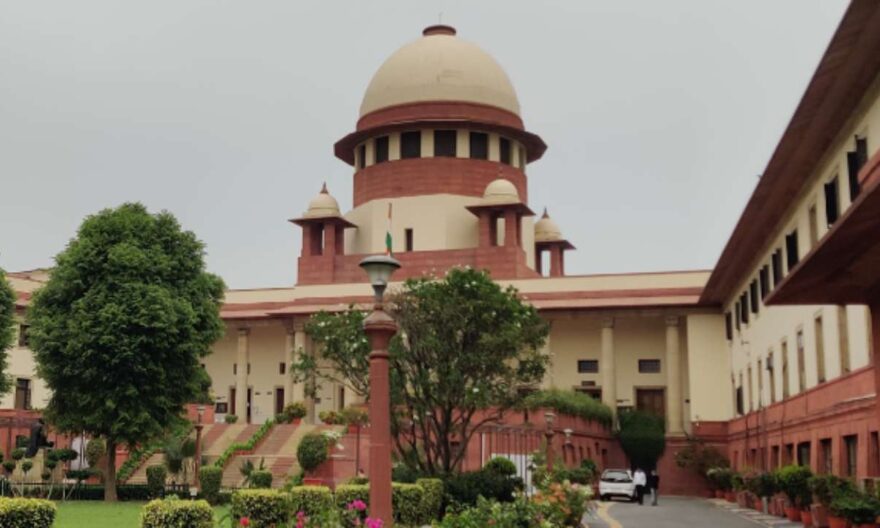
The Supreme Court has recently issued a notice on a plea challenging the rules for reservation in selection to higher technical courses in Mizoram.
The challenged notification, issued by the State in 2021, sub-classified scheduled tribes of Mizoram into the majority Zo (Mizo) tribe, for whom 93% of seats were reserved, and allocated 1% of seats for Non-Mizos, including Chakmas and communities permanently residing in Mizoram.
An additional requirement was imposed on Non-Mizo candidates, mandating them to pass Class XI and XII from Mizoram. The petitioners have challenged this notification, alleging it violates Articles 14, 15, 16(4), and 21 of the Constitution of India.
The petitioner, Mizoram Chakma Students Union argued that the State’s decision will deny Chakma students and other non-Zo Scheduled Tribes (STs) access to higher and technical education. It is further claimed that this decision will widen the educational gap between the majority Mizo tribals and the minority non-Mizo tribal people. After the Gauhati High Court dismissed the PIL filed by the Union, they approached the Supreme Court.
The petitioners were represented before the bench comprising Chief Justice of India DY Chandrachud, Justice PS Narasimha, and Justice Manoj Misra by Senior Advocate Aditya Sondhi, assisted by Advocate-on-Record Vikram Hegde. Sondhi referred to the judgment of the Constitution Bench in E. V. Chinnaiah v. State of Andhra Pradesh (2005), which declared that sub-classification of SC/STs was impermissible, asserting that it remains a valid precedent despite the matter being referred to a 7-judge bench in the case of State of Punjab vs. Davinder Singh (2020). However, the High Court dismissed the PIL, citing parties’ obligation to be bound by the Davinder Singh verdict.
Consequently, the Supreme Court issued a notice on the matter returnable on July 24, 2023.




